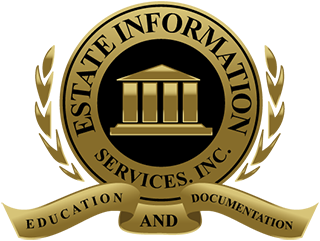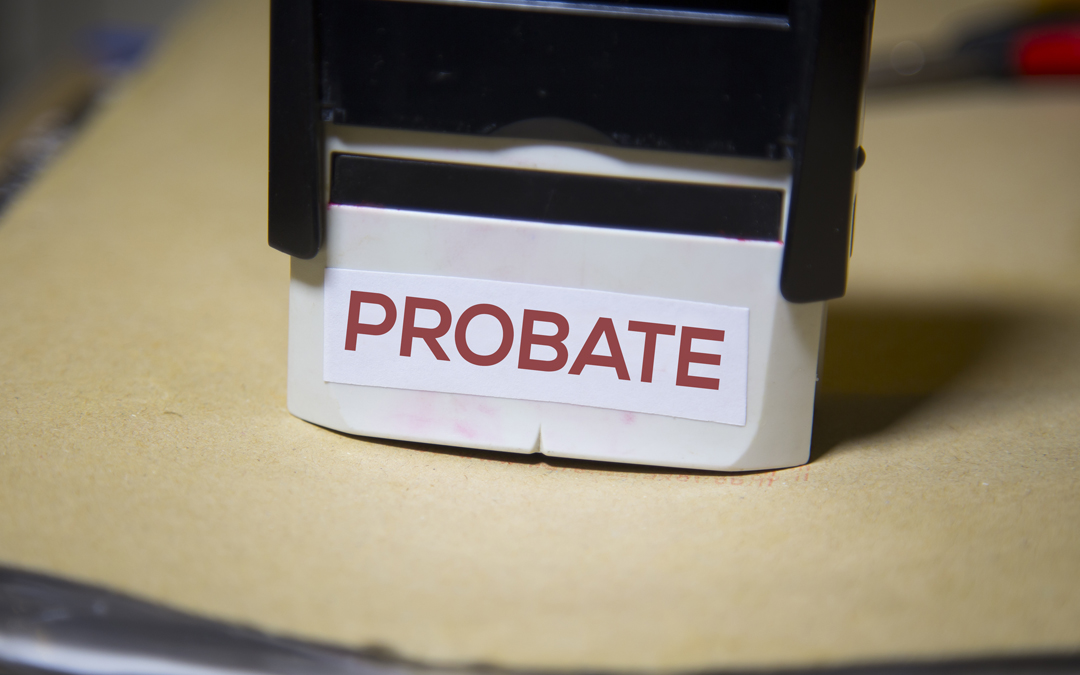What is Probate Court and How Can I Avoid It?
While death can be a difficult topic to discuss, by not doing so, it can throw a large wrench into the processes that occur afterward. One of these processes that occurs, when there are no legal documents set in place to prevent it, is probate. Probate is a topic that can mean something different to everybody – but it is a process that anybody can go through. Probate is a process that occurs when a person dies, and their assets are not left to another person or entity – this is so that the state can ensure that all debts are paid upon a person’s death. However, it is not a necessary legal process, and it can be entirely avoided if an estate is laid out appropriately. When a will is drafted, it is expected that what is written will become reality, but that is not always the case. There are many reasons for this, and all of them result in probate for certain inheritable items.
There are several reasons to want to avoid probate, chief among them being the cost – which is not something that you can determine but is decided by the court itself. This is a public process, which means that it is open to any party who is interested in being involved, whether they have anything to gain from it or not. That can include those entities whom the decedent owed a debt to, at any point in time, a resentful family member or friend who wants to contest a will, if one is left. It is possible to be involved in multiple probates at the same time, which is guaranteed to occur if you own property in more than one state, all of which have different costs associated with them. These fees and costs are all paid for by the beneficiaries and must be paid if they ever hope to receive anything that was intended to be left for them. All of this occurs, at a minimum, over nine months – but it can take up to two years, drastically increasing the chances of anything going wrong.
There are, of course, certain things that don’t enter into probate if the process does occur. Some of these items include retirement accounts, for which a beneficiary is named during the process of creating the account, a life insurance policy (unless the estate is named as the beneficiary, which is incredibly rare), and any accounts or real estate that are payable or transferable upon death. Along that same line, there are items that will always go through probate, if a living trust is not properly laid out. Some of these items include any real property or bank accounts that are solely in the name of the decedent or that are not transferable upon death. There is one certain way in which probate court can be avoided altogether, and that is through the creation of a living trust that addresses any and all inheritable items and desires.
A living trust erases all of these concerns, but only if it is set up appropriately. One of the most important steps is to ensure that the trust is not revocable by any other legal document – such as a will that contradicts what is laid out in the trust. All of this can dramatically decrease the costs associated with an estate, just by transferring your assets out of your name and into the name of a trust.



